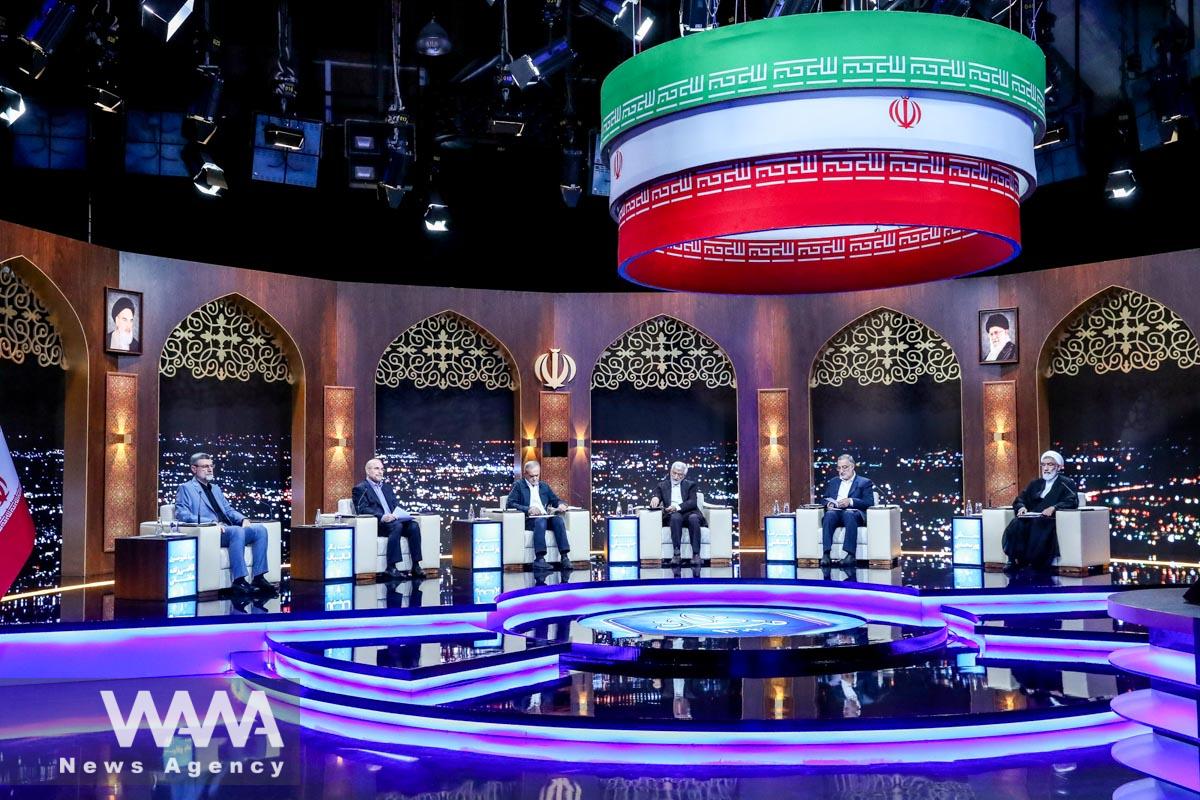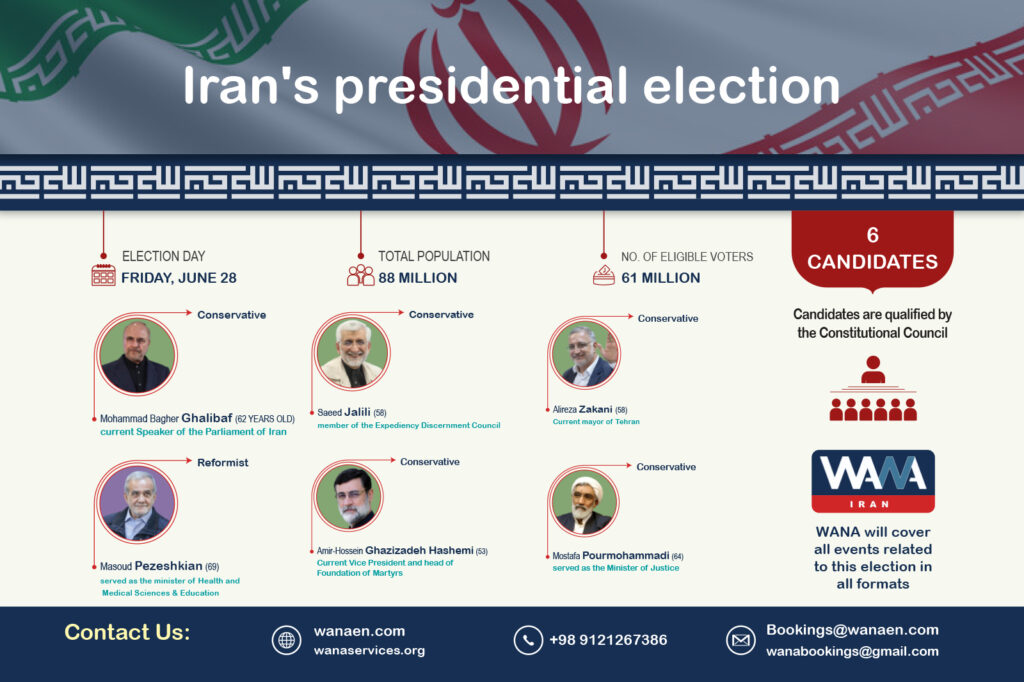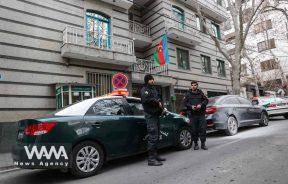Debate or panel discussion?!
WANA (June 18) – Last night, IRIB (Islamic Republic of Iran Broadcasting) channel one held the first debate between the six Iranian presidential candidates. However, what was observed from this program was that it had more of a linear roundtable feel than an actual debate! The allocated times for each candidate, the type of questions and answers, and the candidates’ response methods did not resemble a proper discussion.
The large number of participants in the session did not allow for real challenges, assessments of responses, or the opportunity to refute or support the other candidates. This method of debate will neither increase public participation in the elections nor change anyone’s ranking in the polls.
All the candidates spoke generally, and no new points were made. Anyone who followed the discussions and sessions of the previous nights would realize that all the speeches were mere repetitions of previously stated points.
Ghazizadeh Hashemi, despite being younger and seemingly less experienced than the other candidates, performed very strongly. He demonstrated high proficiency in using body language and connecting with the audience, as well as excellent verbal fluency and eloquence.
Throughout his talks, he frequently referred to the presidency of the late President Raisi. Although he aimed to present himself as a defender of Raisi’s government, his words were essential to align himself with the previous administration and position himself as a continuator of Raisi’s path.
Ghalibaf and Jalili responded and spoke calmly and scientifically, seemingly indifferent to the others. However, their overall remarks were unchanged and unexciting, merely repetitions of their previous sessions. Their way of speaking did not fit the debate atmosphere; they were more like university professors reviewing lessons for their students without any discussion or challenge, simply coming and going.

Presidential candidates attend an election debate at a television studio in Tehran, Iran, June 17, 2024. Morteza Fakhri Nezhad/IRIB/WANA (West Asia News Agency)
Among the candidates, Zakani stood out a bit more, but compared to his presence in the 2021 election debates, he lacked the previous excitement and enthusiasm. Although he cautiously addressed others, he did critique some points, with his most direct attack being the statement: “Why is Mr. Pezeshkian even a candidate?!”. Interestingly, contrary to widespread predictions, his manner of speaking and type of criticism did not convey the sense of being a placeholder candidate planning to withdraw in favor of someone else.
Pourmohammadi was the most challenging candidate in this debate, appearing with a critical view and emphasizing that the seventh development plan needs revisions, arguing that its current form is neither executable nor fruitful.
However, Pezeshkian performed so poorly that he even struggled to read the pre-prepared texts, showcasing his weakness during the final summaries and his last opportunity to impact the audience. Nevertheless, whenever he put the script aside and spoke directly to the people, he was more influential than the other candidates and conveyed a sense of concern.
Overall, it was clear that he lacked substantial content and was highly susceptible to being manipulated by the reformist government members if elected, turning him into their puppet.
In the past debate, the conservative candidates managed the proceedings so that it did not become a five-against-one battle, avoiding the feared polarized atmosphere, which was commendable. Although the debate proceeded based on numbers and scientific information, all were highly predictable; none had an extraordinary presence, and this type of debate would not shift anyone’s voter base.
By WANA writer: R.hejazi













